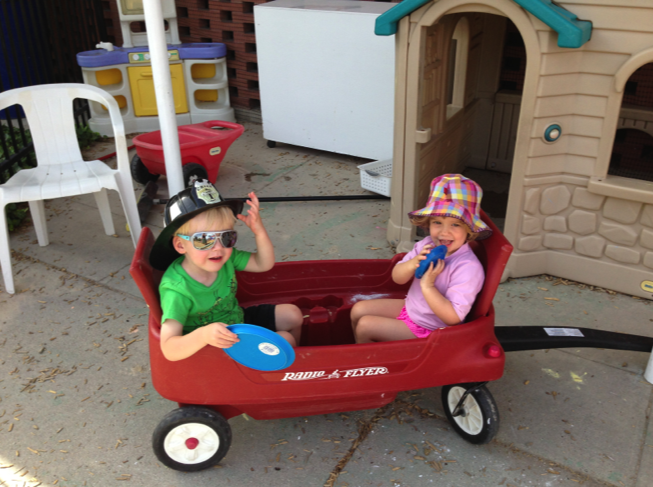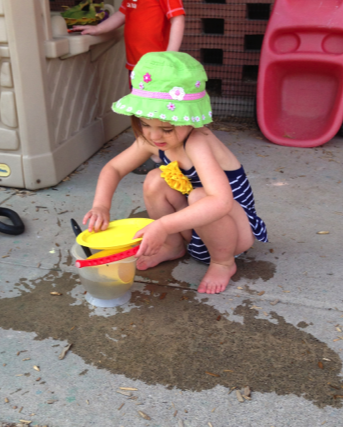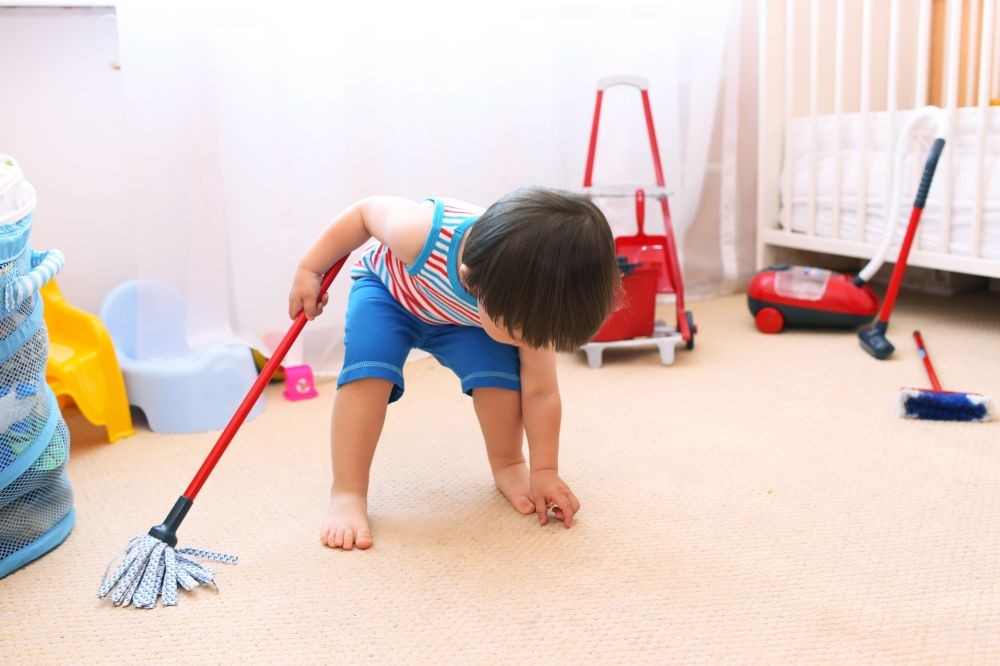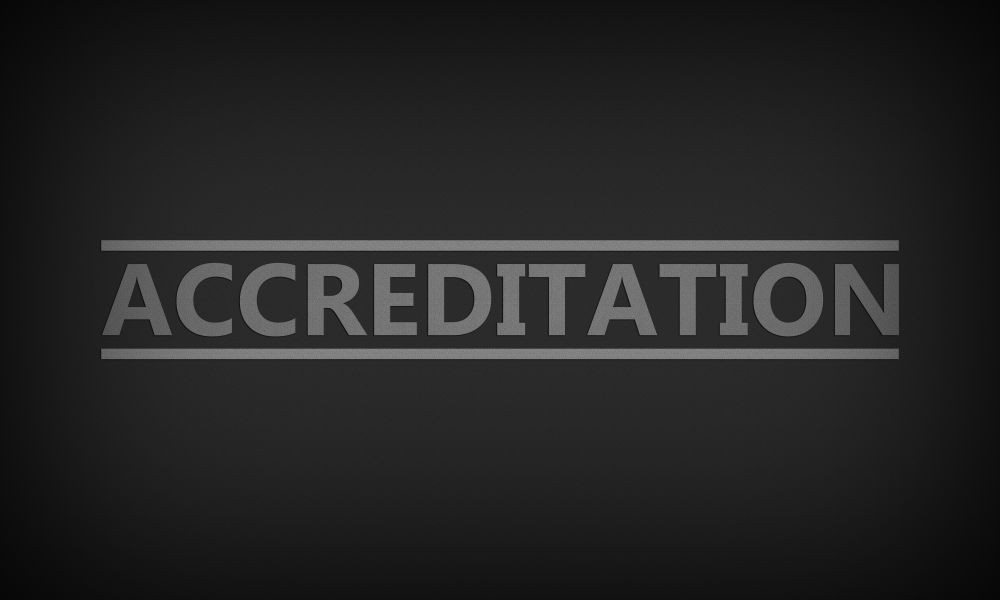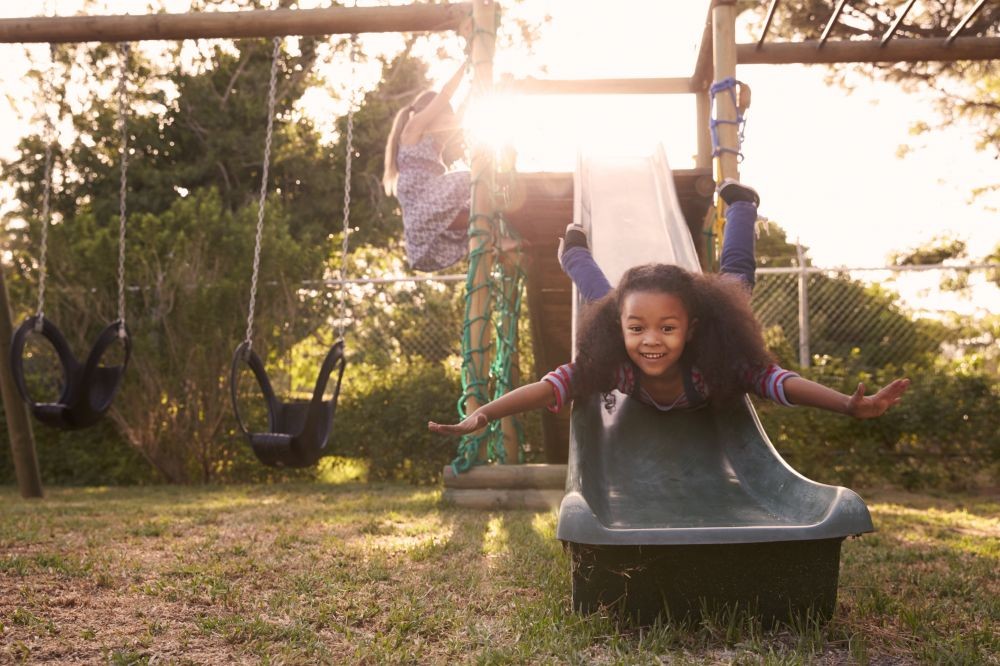Have you ever told your child the riveting and powerful story of their entrance into this great life? This is one of my favorite aspects of parenthood. Instilling wonder and thoughtfulness about your child’s emergence to earth is truly awe inspiring for them. Hearing the story of their own birth can calm a child’s fears, can build a child who feels down or sad and can bring great joy to any child. Understanding not only the emergence itself, but the powerful emotions tied to their anticipated arrival and their delivery give a child perspective into their powers as a human. Understanding their place in a family, their most important community of all, is hugely rewarding for a child. Children deeply appreciate learning how their own birth made a marked difference in the history of the universe.

A child will love this story at any point in their life, but the most crucial and powerful time to tell a child the story of their own birth is during the elementary years, particularly early elementary. The elementary child is finding their place in the world. Their understanding of its vastness has become more easy to comprehend and their curiosity about the interconnectedness of all living things is undeniably enthusiastic. Relationships can become deep and meaningful, particularly those outside the family. Children’s search for what matters, their social sensitivities and their developing moral judgement at this stage of development can often lead to questions like “Who am I…how do I fit in?” These are important questions and for this reason their personal birth story can be relevant pieces of the puzzle they are working on personally.
In a Montessori Lower Elementary program, the study of timelines show evolution of plants, animals, and humans. We work to instill a love and respect for our earth. A child’s place in this evolution helps them relate to their family, their social circle, and reinforces that all living things are valuable. Not to mention, humans develop a core belief about themselves at a very early age. What could possibly make a person believe they matter, that they have the power to change the world, or the power of love more than hearing about the love that enters a parent’s
heart when they meet their child for the first time?
How was your child thought of while in utero?
What kind of preparations did you make for your child to join your family?
What kind of dreams did you have for your child and your family?
What was your child’s anticipated arrival like?
What were the feelings you had when your child’s delivery began?
What are the details about your child’s birth?
How did you spend the first moments/hours/days of your child’s life?
My own three children could recite the stories of their births themselves, and still, they ask to hear it often. We share those memories in times of sadness, in times of fear, in times of joy, in times of laughter. Every detail holds deep meaning for each of us and the parts that speak to us change as we change and evolve as individuals and as a family.
Bedtime stories have never been so much fun.
Happy story telling!
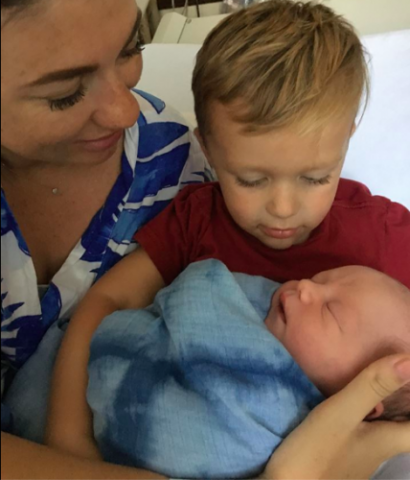
My beautiful family. My sister introduces her son to his new baby brother for the first time.
The magic of families is endless.





